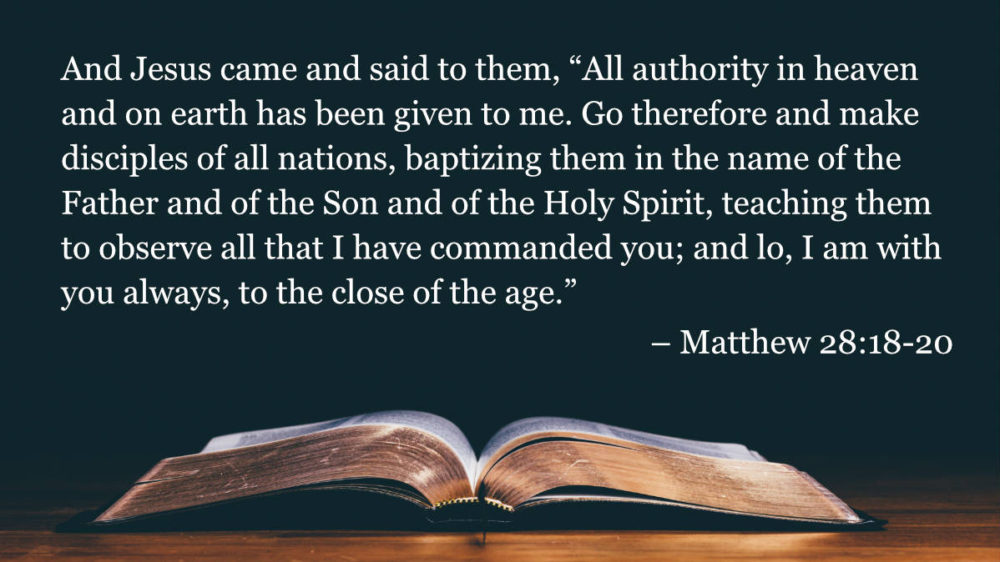
This information has come to our office that I feel is important for you to be aware of and your parents.
Some our young people have become involved in a game called Blue Whale Challenge. This game is dangerous. It leads the youth to harm themselves and can/may lead to suicide.
Here is the link:
If you need more information, please call. We are looking at resources at this time.
Dangerous Apps for Kids
Smartphones and tablets have allowed predators access to children in their own homes. Additionally, children can be exposed to cyber-bullying and sexually inappropriate content. New apps are constantly being created, so it’s important to monitor what your child downloads. It’s important to know what each app does, whether it has any benefit, and whether it can expose your child to danger.
Apps Specifically Known to Be Dangerous for Kids
- Whisper allows you to post secrets anonymously and allows you to chat with other users in your geographic area.
Why is it dangerous? Many children are drawn to communicating with strangers, feeling that their secrets are safer with a stranger than with their friends. The app is a
perfect tool for ill-intentioned strangers looking to connect with young people because it allows them to exchange messages with people nearest them.
- All YikYak users are anonymous, they don’t create a profile or an account, but they can post comments that are accessible to the nearest 500 people (within a 1-5 mile radius). In fact, a psychiatrist called YikYak the most dangerous app he’d ever seen because it “can turn a school into a chat room where everyone can post his or her comments anonymously. Untruthful, mean, character assassinating short messages are immediately seen by all users in a specific geographic area.”
Why is it dangerous? This app is causing problems in schools across the United States, with students maliciously slandering teachers, staff, and other students.
- Kik is a free app-based alternative texting service that allows texts/pictures to be sent without being logged in the phone history. Similar apps are Viber, WhatsApp, and TextNow.
Why is it dangerous? Kik makes it easier for your child to talk to strangers without your knowledge since it bypasses the wireless providers short message services (SMS). In addition, strangers can send your child a “friend request.”
- Snapchat allows users to capture an image or a video and make it available to friends who can then share with possible unintended users. Pictures and videos automatically disappear forever unless the user saves it to their memories. Additionally, Snapchat has a map screen where others can see the users exact location in real time.
Why is it dangerous? Kids can receive or send inappropriate photos. This app can also makes kids feel like they can send inappropriate pictures without the consequences because the image will self-destruct automatically– or so they think.
The truth is that nothing sent over the internet disappears which could ultimately affect future careers. The location feature could allow predators to know exactly where your child is located.
- Vine allows users to watch and post six second videos.
Why is it dangerous? While many videos are harmless, pornographic videos do pop up into the feed and a child could easily search for and access pornographic videos. Additionally, predators utilize this app to search for teens and find their location. They can even connect with the teens via messaging apps.
- ChatRoulette and These apps allow you to video chat with strangers.
Why is this dangerous? Not only are users chatting with strangers, they could be chatting with fake strangers. Chat sites like ChatRoulette and Omegle have done their best to produce systems that warn users when people they are chatting with are potentially using fake webcam software. However, developers still manage to slip under their radars with frequent updates. So, a predator could use a fake webcam and use images from another child or teen and convince your child to send inappropriate pictures or get information about your child’s location.
- Poof hides other apps on your phone. You can select which apps you would like to hide and their icons will no longer show up on your smartphone screen.
Why is it dangerous? If a child has apps they want to hide from their parents, all they have to do is download Poof and their screen is clear of any questionable apps.
Remember, as a parent your child’s safety is more important than their privacy. As a parent, you aren’t being nosy or invading privacy by checking your child’s cell phone; you are being responsible. It is a good idea to establish family media rules, such as having to check with a parent before downloading a new app or game.
Also, explain to your child why you are asking them questions and checking their phone or tablet. Many children don’t understand how much information is on the world wide web, how dangerous it could be, and the potential life long implications.
Other I found:
- Yubo. It used to be called Tinder for teens (the dating website…Tinder!)
WHAT PARENTS NEED TO KNOW Parents need to know that Yubo (formerly Yellow – Make New Friends) is a social media app for iOS and Android devices that lets users create a profile, share their location, and flip through images of other users in their area. It’s similar to Tinder in that users are invited to swipe right on profiles they like and swipe left on profiles they don’t, and you can endlessly browse the profiles of people in your area. Technically, users must be over 13 to use the app, but there’s no age verification; as long as a kid has a phone and puts in an age that indicated they’re over 13, they can use the app. In late 2017, the app’s developers responded to criticism by developing a teen-focused guide for staying safe on Yellow, but the guide is accessible only as a PDF on the developer’s website, not within the app itself, and any kids who happen to read it will find a series of recommendations that mostly amount to asking users to report bad behavior. With limited features and problematic privacy issues, there’s not much to recommend this app. Read the app’s privacy policy, which is embedded within its terms of service, to find out more about the types of information collected and shared.
What is TikTok?
It’s a social media app that gives users the opportunity to share 60 second short videos with friends, family or the entire world. Like Twitter-owned Vine and Musical.ly before it, videos shared range from funny sketches to lip-sync videos featuring special effects. Currently, the app is available in 34 languages with 150 million active users. Like Musical.ly before it, it is most popular with under 16s
2019 March Online Predators (Spanish Version)





